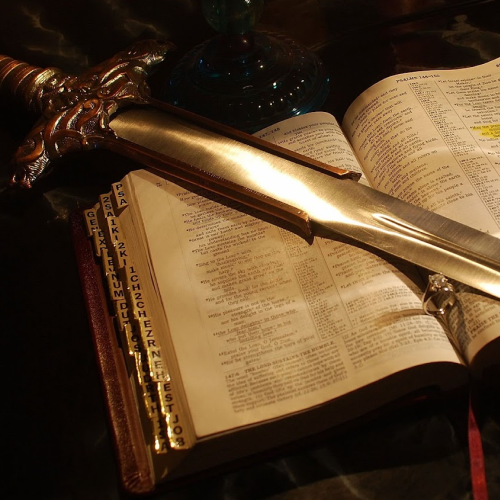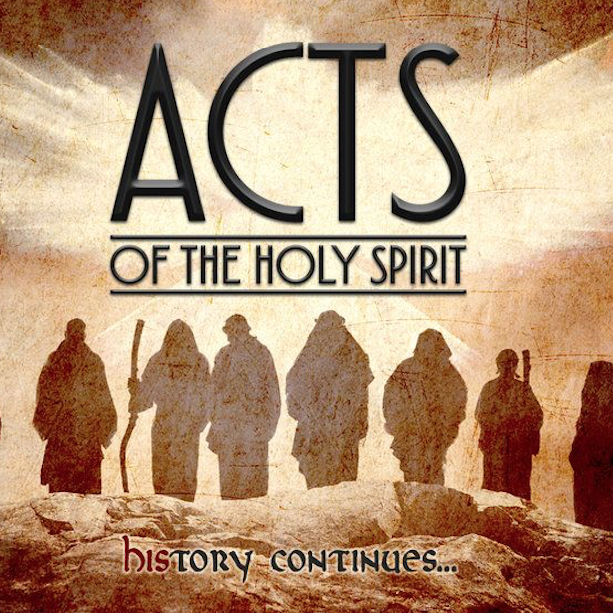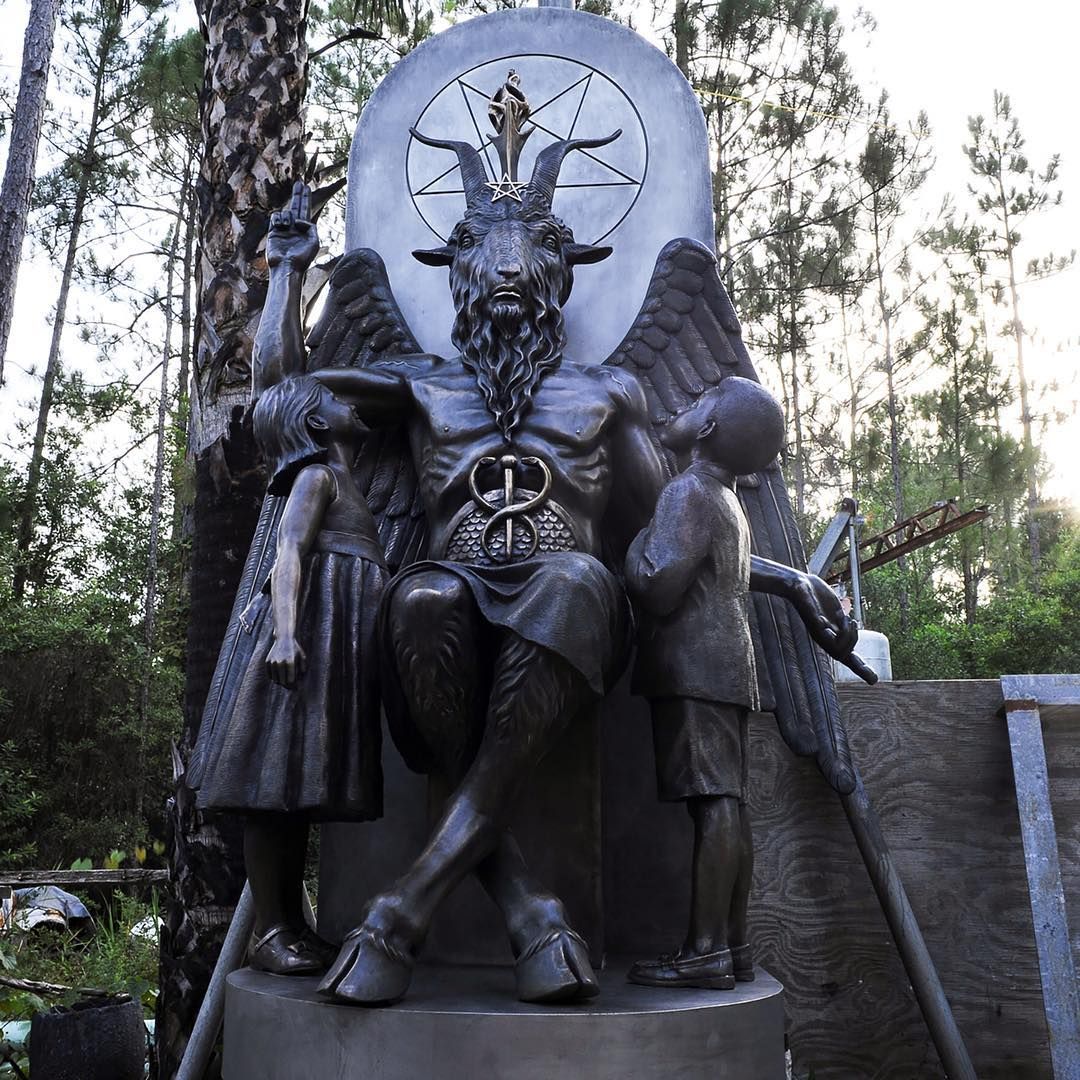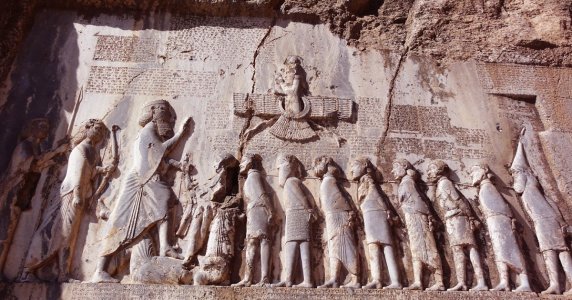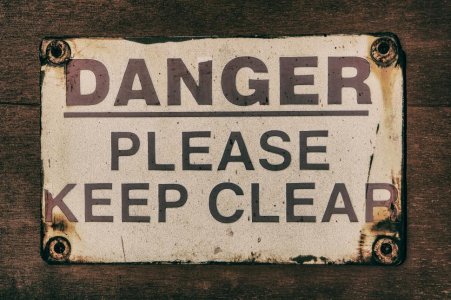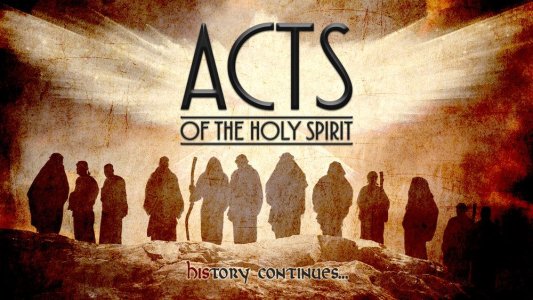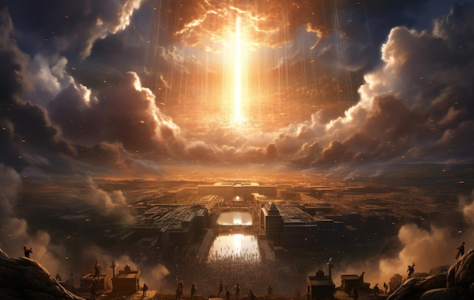- Mar 5, 2024
- 1,972
- 1,063
The Unbiblical Doctrine Of Soul Sleep, Part 3
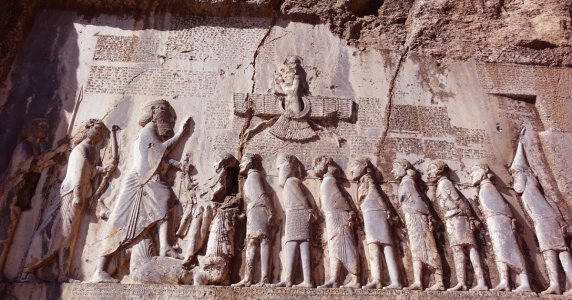
Lastly, people like the Seventh Day Adventists and the Jehovah's Witnesses will flatly dismiss the story of Lazarus and the Rich man in Hell as being literal in any sense, instead teaching that it is merely a "parable." But is it? I will start by posting the passage of scripture first:
19 "There was a certain rich man who was clothed in purple and fine linen and fared sumptuously every day. 20 But there was a certain beggar named Lazarus, full of sores, who was laid at his gate, 21 desiring to be fed with the crumbs which fell from the rich man's table. Moreover the dogs came and licked his sores. 22 So it was that the beggar died, and was carried by the angels to Abraham's bosom. The rich man also died and was buried. 23 And being in torments in Hades, he lifted up his eyes and saw Abraham afar off, and Lazarus in his bosom. 24 Then he cried and said, 'Father Abraham, have mercy on me, and send Lazarus that he may dip the tip of his finger in water and cool my tongue; for I am tormented in this flame.' 25 But Abraham said, 'Son, remember that in your lifetime you received your good things, and likewise Lazarus evil things; but now he is comforted and you are tormented. 26 And besides all this, between us and you there is a great gulf fixed, so that those who want to pass from here to you cannot, nor can those from there pass to us.' 27 Then he said, 'I beg you therefore, father, that you would send him to my father's house, 28 for I have five brothers, that he may testify to them, lest they also come to this place of torment.' 29 Abraham said to him, 'They have Moses and the prophets; let them hear them.' 30 And he said, 'No, father Abraham; but if one goes to them from the dead, they will repent.' 31 But he said to him, 'If they do not hear Moses and the prophets, neither will they be persuaded though one rise from the dead.'" (Luke 16:22)
To cite the full argument they use to dismiss that passage as not talking about a literal Hell would be tedious. But as with the rest of the SDA/ JW arguments on this issue, it assumes some very strange things about God: Namely, that He would somehow give credence to "Greek myths" by using them in favorable terms to teach a lesson, while nevertheless supposedly teaching that they are false.
This is true of Isaiah's uses where he spoke of going down to the giants in Hades, and it is true again here. They have God supposedly citing a "myth" again without truly supporting it. But there is an additional problem with their position, and that is this: The expression "the bosom of Abraham" was again understood within Judaism to refer to the place where the righteous dead presided in Hades or Sheol, so this is what His audience He was preaching to would have immediately understood. The expression inherently inferred that the righteous dead existed consciously in the Underworld.
As the Wiki on Abraham's Bosom states:
During the Second Temple period (roughly 500 BCE–70 CE), the concept of a "Bosom of Abraham" first occurs in Jewish papyri that refer to the "Bosom of Abraham, Isaac and Jacob".[9] This reflects the belief of Jewish martyrs who died expecting that: "after our death in this fashion Abraham, Isaac, and Jacob will receive us and all our forefathers will praise us" (4 Maccabees 13:17).[10] Other early Jewish works adapt the picture of Hades to identify the righteous dead as being separated from unrighteous in the fires by a river or chasm. In the pseudepigraphical Apocalypse of Zephaniah the river has a ferryman equivalent to Charon in Greek myth, but replaced by an angel. On the other side in the Bosom of Abraham : "You have escaped from the Abyss and Hades, now you will cross over the crossing place... to all the righteous ones, namely Abraham, Isaac, Jacob, Enoch, Elijah and David."[11] In this story Abraham was not idle in the Bosom of Abraham, he acted as intercessor for those in the fiery part of Hades.[12].
The pseudepigraphic Book of Enoch describes travels through the cosmos and divides Sheol into four sections: for the truly righteous, the good, the wicked who are punished till they are released at the resurrection, and the wicked that are complete in their transgressions and who will not even be granted mercy at the resurrection. However, since the book is pseudepigraphic to the hand of Enoch, who predates Abraham, naturally the character of Abraham does not feature.
Thus, the false arguments used to explain away the story of Lazarus and the Rich man are based on fallacy, and have to be completely divorced from their historical context in order to carry any weight.
For Part 1 in this series:

Lastly, people like the Seventh Day Adventists and the Jehovah's Witnesses will flatly dismiss the story of Lazarus and the Rich man in Hell as being literal in any sense, instead teaching that it is merely a "parable." But is it? I will start by posting the passage of scripture first:
19 "There was a certain rich man who was clothed in purple and fine linen and fared sumptuously every day. 20 But there was a certain beggar named Lazarus, full of sores, who was laid at his gate, 21 desiring to be fed with the crumbs which fell from the rich man's table. Moreover the dogs came and licked his sores. 22 So it was that the beggar died, and was carried by the angels to Abraham's bosom. The rich man also died and was buried. 23 And being in torments in Hades, he lifted up his eyes and saw Abraham afar off, and Lazarus in his bosom. 24 Then he cried and said, 'Father Abraham, have mercy on me, and send Lazarus that he may dip the tip of his finger in water and cool my tongue; for I am tormented in this flame.' 25 But Abraham said, 'Son, remember that in your lifetime you received your good things, and likewise Lazarus evil things; but now he is comforted and you are tormented. 26 And besides all this, between us and you there is a great gulf fixed, so that those who want to pass from here to you cannot, nor can those from there pass to us.' 27 Then he said, 'I beg you therefore, father, that you would send him to my father's house, 28 for I have five brothers, that he may testify to them, lest they also come to this place of torment.' 29 Abraham said to him, 'They have Moses and the prophets; let them hear them.' 30 And he said, 'No, father Abraham; but if one goes to them from the dead, they will repent.' 31 But he said to him, 'If they do not hear Moses and the prophets, neither will they be persuaded though one rise from the dead.'" (Luke 16:22)
To cite the full argument they use to dismiss that passage as not talking about a literal Hell would be tedious. But as with the rest of the SDA/ JW arguments on this issue, it assumes some very strange things about God: Namely, that He would somehow give credence to "Greek myths" by using them in favorable terms to teach a lesson, while nevertheless supposedly teaching that they are false.
This is true of Isaiah's uses where he spoke of going down to the giants in Hades, and it is true again here. They have God supposedly citing a "myth" again without truly supporting it. But there is an additional problem with their position, and that is this: The expression "the bosom of Abraham" was again understood within Judaism to refer to the place where the righteous dead presided in Hades or Sheol, so this is what His audience He was preaching to would have immediately understood. The expression inherently inferred that the righteous dead existed consciously in the Underworld.
As the Wiki on Abraham's Bosom states:
During the Second Temple period (roughly 500 BCE–70 CE), the concept of a "Bosom of Abraham" first occurs in Jewish papyri that refer to the "Bosom of Abraham, Isaac and Jacob".[9] This reflects the belief of Jewish martyrs who died expecting that: "after our death in this fashion Abraham, Isaac, and Jacob will receive us and all our forefathers will praise us" (4 Maccabees 13:17).[10] Other early Jewish works adapt the picture of Hades to identify the righteous dead as being separated from unrighteous in the fires by a river or chasm. In the pseudepigraphical Apocalypse of Zephaniah the river has a ferryman equivalent to Charon in Greek myth, but replaced by an angel. On the other side in the Bosom of Abraham : "You have escaped from the Abyss and Hades, now you will cross over the crossing place... to all the righteous ones, namely Abraham, Isaac, Jacob, Enoch, Elijah and David."[11] In this story Abraham was not idle in the Bosom of Abraham, he acted as intercessor for those in the fiery part of Hades.[12].
The pseudepigraphic Book of Enoch describes travels through the cosmos and divides Sheol into four sections: for the truly righteous, the good, the wicked who are punished till they are released at the resurrection, and the wicked that are complete in their transgressions and who will not even be granted mercy at the resurrection. However, since the book is pseudepigraphic to the hand of Enoch, who predates Abraham, naturally the character of Abraham does not feature.
Thus, the false arguments used to explain away the story of Lazarus and the Rich man are based on fallacy, and have to be completely divorced from their historical context in order to carry any weight.
For Part 1 in this series:
The Unbiblical Doctrine Of Soul Sleep, Part 1
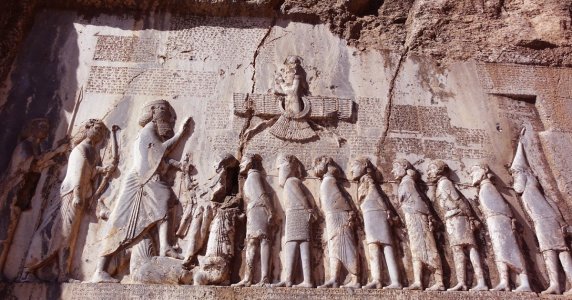
The Jehovahs Witnesses and Seventh Day Adventists hammer away at the concept of "soul sleep," the notion that the dead no longer have a conscious existence after they die, but simply "fall asleep" until the resurrection. Scripture flatly denies this doctrine, and exposes it as a false teaching.
There are several passages on giants having a conscious existence in Hades because it was a common Old Testament trope. One such place is found in Ezekiel, where God told the prophet to lament over the fate of the Egyptians, for...

The Jehovahs Witnesses and Seventh Day Adventists hammer away at the concept of "soul sleep," the notion that the dead no longer have a conscious existence after they die, but simply "fall asleep" until the resurrection. Scripture flatly denies this doctrine, and exposes it as a false teaching.
There are several passages on giants having a conscious existence in Hades because it was a common Old Testament trope. One such place is found in Ezekiel, where God told the prophet to lament over the fate of the Egyptians, for...
- Hidden In Him
- Replies: 1
- Forum: Pulling Down Strongholds
